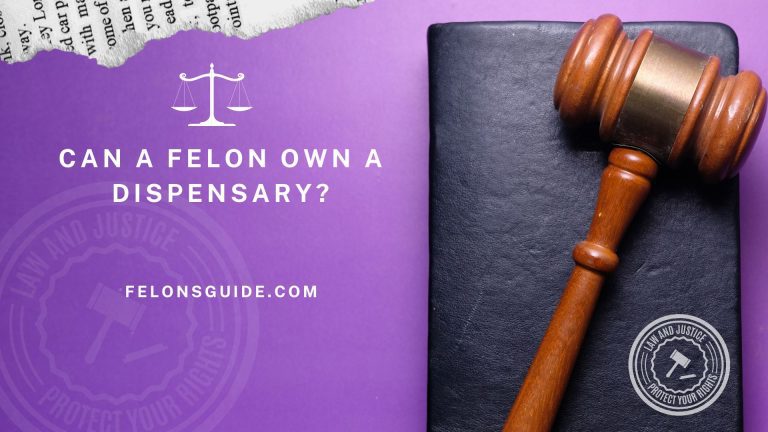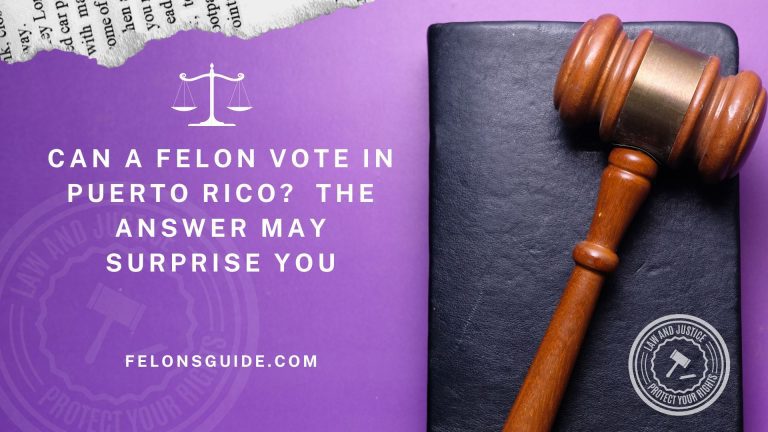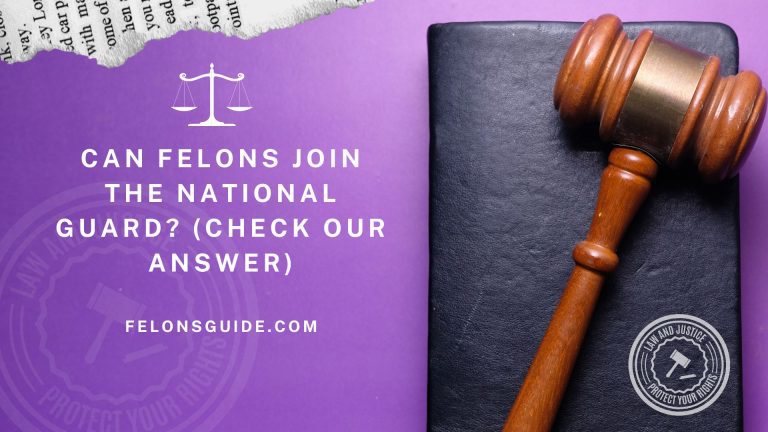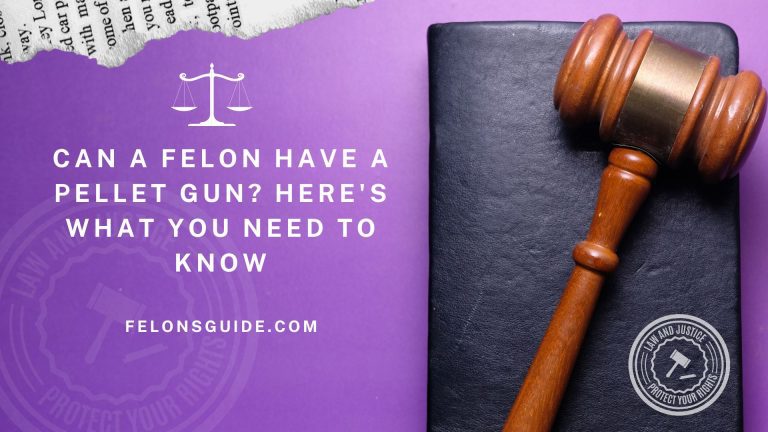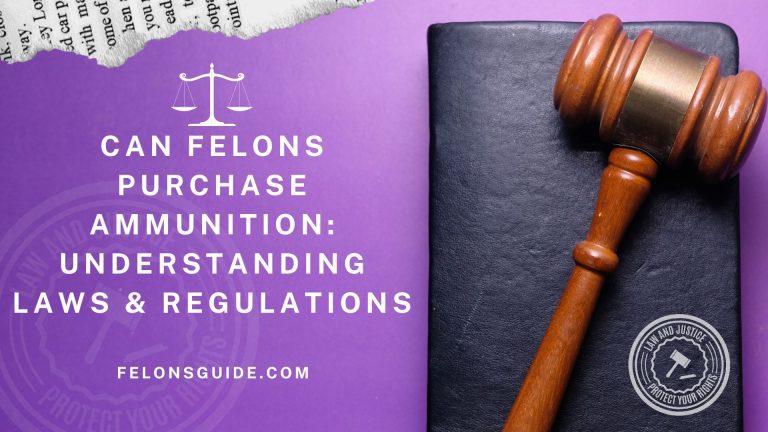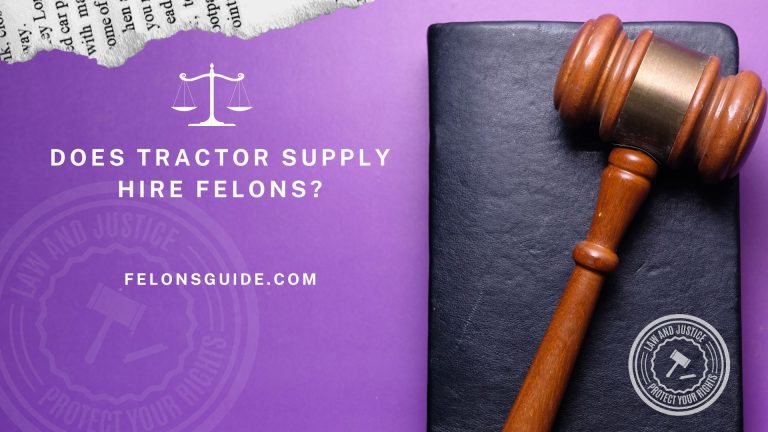Can a Felon Become a Fugitive Recovery Agent? Exploring the Opportunity and Requirements
Becoming a fugitive recovery agent, often known as a bounty hunter, can be an intriguing career choice for those interested in law enforcement and adventure. However, this path is not open to everyone, especially individuals with a felony conviction involving moral turpitude. In this article, we’ll delve into the world of fugitive recovery agents and explore whether it is possible for felons to pursue this profession.
What is a Fugitive Recovery Agent?
A fugitive recovery agent plays a crucial role in apprehending individuals who have skipped their court dates while being out on bail. Working on behalf of bail bondsmen, these agents ensure that those accused of crimes return to court for their trial. They are often referred to by various names, including bounty hunter, bail enforcement agent, bail recovery agent, surety recovery agent, skip tracer, or bail bond enforcer.
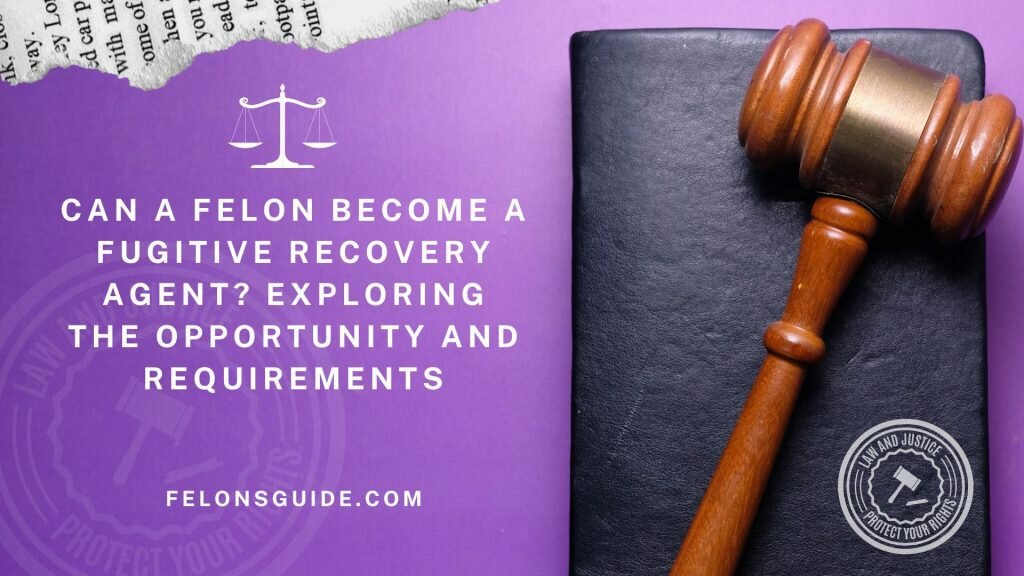
What is Required to Become a Fugitive Recovery Agent?
Becoming a fugitive recovery agent is not a straightforward process. It involves meeting specific requirements and undergoing proper training. To pursue this career, an individual must:
- Be a U.S. Citizen: Citizenship is a fundamental requirement to work as a fugitive recovery agent.
- Be at Least 21 Years Old: The minimum age requirement ensures a level of maturity and responsibility.
- Have a High School Diploma or GED: Education forms the foundation for a career in this field.
State Regulations and Licensing:
The rules governing fugitive recovery agents vary from state to state. In 24 states, the profession is regulated through license or registration. In 18 states, self-regulation is allowed, while in 4 states, it is entirely prohibited. Additionally, 4 states do not have a private bail system, rendering fugitive recovery agent positions unnecessary.
Certain states, like Illinois, Kentucky, Oregon, and Wisconsin, do not require certification to become a bail bondsman. Moreover, some states like Florida, North Carolina, South Carolina, and the District of Columbia, restrict or ban bounty hunting altogether.
Previous Experience and Training:
Fugitive recovery agents often possess experience in law enforcement, the military, criminal justice education, private investigation, or peace officer training. Training involves learning essential skills such as conducting investigations, arrest control techniques, suspect tracking, understanding bail bonds, and using reasonable force.
Eligibility Criteria:
Candidates aiming to become fugitive recovery agents must meet certain eligibility criteria, including:
- Pass a Criminal Background Investigation: A clean criminal record is crucial for a career in this field.
- No Addiction to Alcohol or Drugs: Substance abuse is a disqualifying factor.
- No Felony or Class A Misdemeanor Convictions: Convictions for serious crimes may hinder eligibility.
- No Class B Misdemeanors in the Past Five Years: Recent misdemeanor offenses can impact eligibility.
- Mental Competence: Psychological stability is essential for such a demanding job.
- Legal Ability to Operate a Motor Vehicle and Possess a Firearm: Driving and using firearms are integral parts of the job.
Formal Training and Licensing:
Formal training is an essential step in becoming a certified peace officer, private investigator, or commissioned security officer. Training programs, which can last up to 16 weeks, cover a wide range of subjects, including cultural diversity, crisis intervention, state and federal laws, search and seizure, defensive tactics, and professionalism.
Earning Potential:
According to the U.S. Bureau of Labor Statistics, the average annual salary for a bounty hunter was around $30,000 in 2015. The top 10% of bail bondsmen and bounty hunters earned at least $80,000 annually.
Conclusion:
Becoming a fugitive recovery agent offers a unique career opportunity for individuals interested in law enforcement and adventure. However, eligibility requirements and state regulations make it challenging for felons with certain convictions to pursue this profession. Aspiring agents must meet stringent criteria and undergo extensive training to succeed in this exciting yet demanding field.
